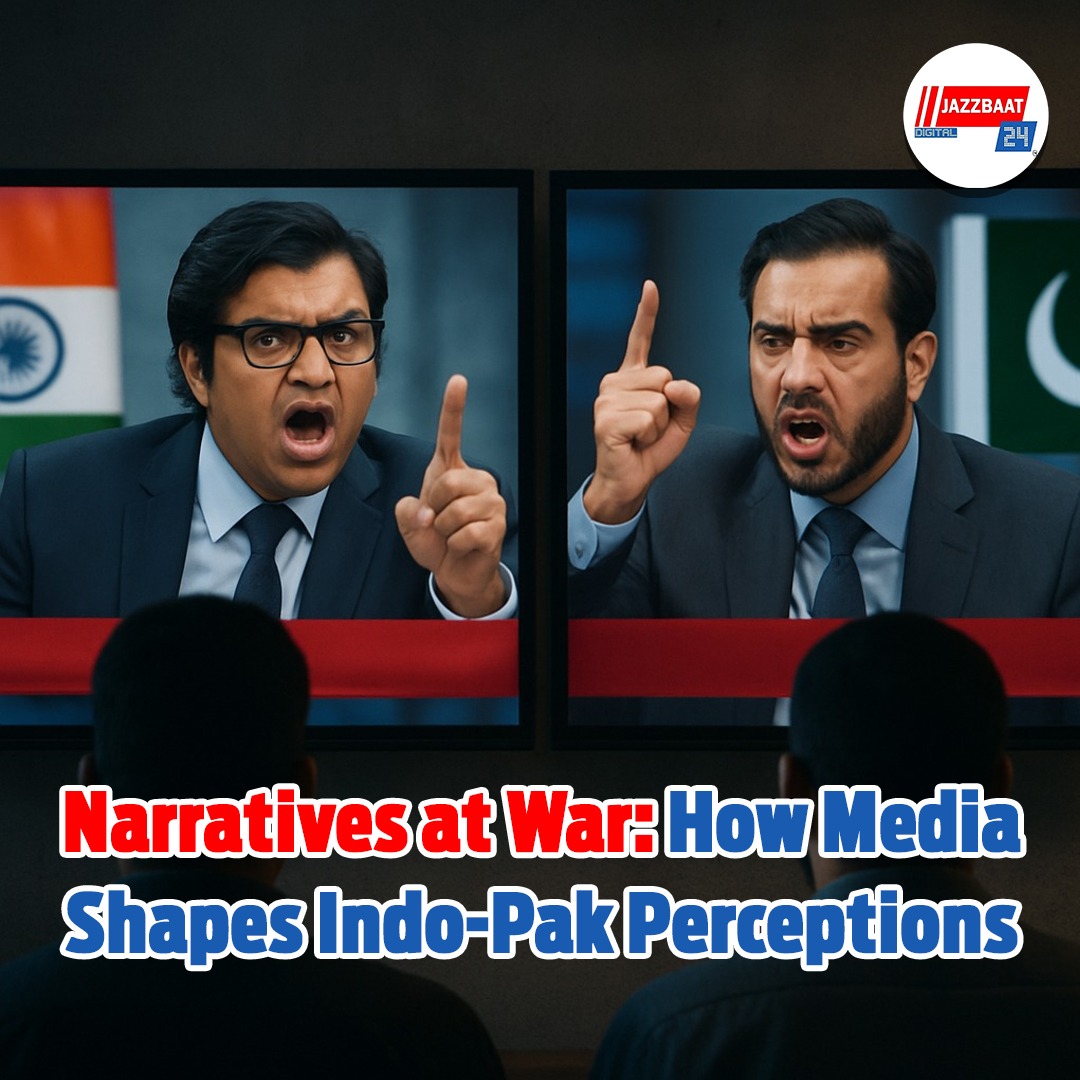
The media has a strong influence on public opinion and national sentiment. In the India-Pakistan context, both nations have deep political and military rivalry. Under such circumstances, the media plays an even greater role. Unfortunately, it appears that in recent times, media from both sides have tended to perpetuate hostility instead of peace.
During conflicts or crises, television networks and social media handles in both nations tend to adopt sensational reporting during such periods. Sensational headings, emotive discussions, and war rhetoric would be the characteristic of such broadcasts. Such reports might draw additional viewers and create more ratings but also fuel additional anger and terror among the general public. In case the reporting is only concentrated on blame and violence, such reporting can spiral into a chain of hate.
In addition, certain news channels present just half of the story. They do not give space to the other side of the argument or peaceful solutions. Such a limited approach can result in a skewed understanding among the viewers. It also makes it more difficult for individuals to think objectively about the matter or promote dialogue between the two countries.
Social media sites have also become breeding grounds for falsehoods. Edited videos, aggressive posts, and fake news spread instantly, generating confusion and enhancing suspicion. Most users, without checking facts, circulate such information which further fuels the issue.
That being said, it is also worth noting that not everything in the media is bad. There are good journalists and media outlets who work hard to report facts and encourage discussion. Their messages, however, tend to be lost in the din of sensationalism.
In summary, yes, the media in India and Pakistan has, to a great degree, fueled tensions. Rather than playing the role of a bridge between individuals, at times it has played the role of a wall. Media houses need to become more responsible, particularly in moments of crisis. Balanced reporting, emphasis on facts, and promoting peace negotiations can reduce hostility and create a brighter future for both countries.